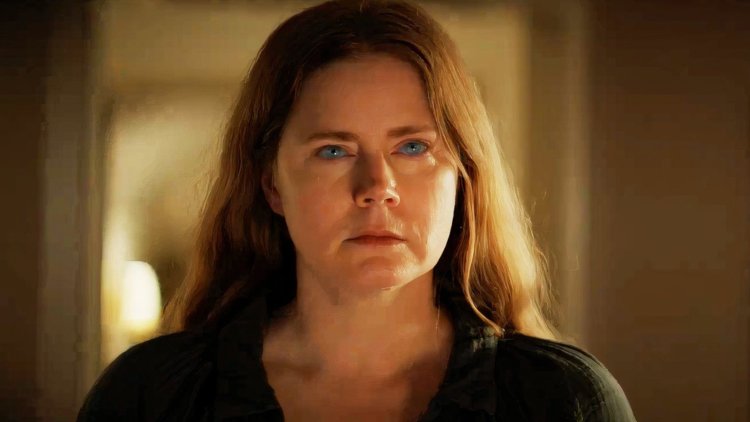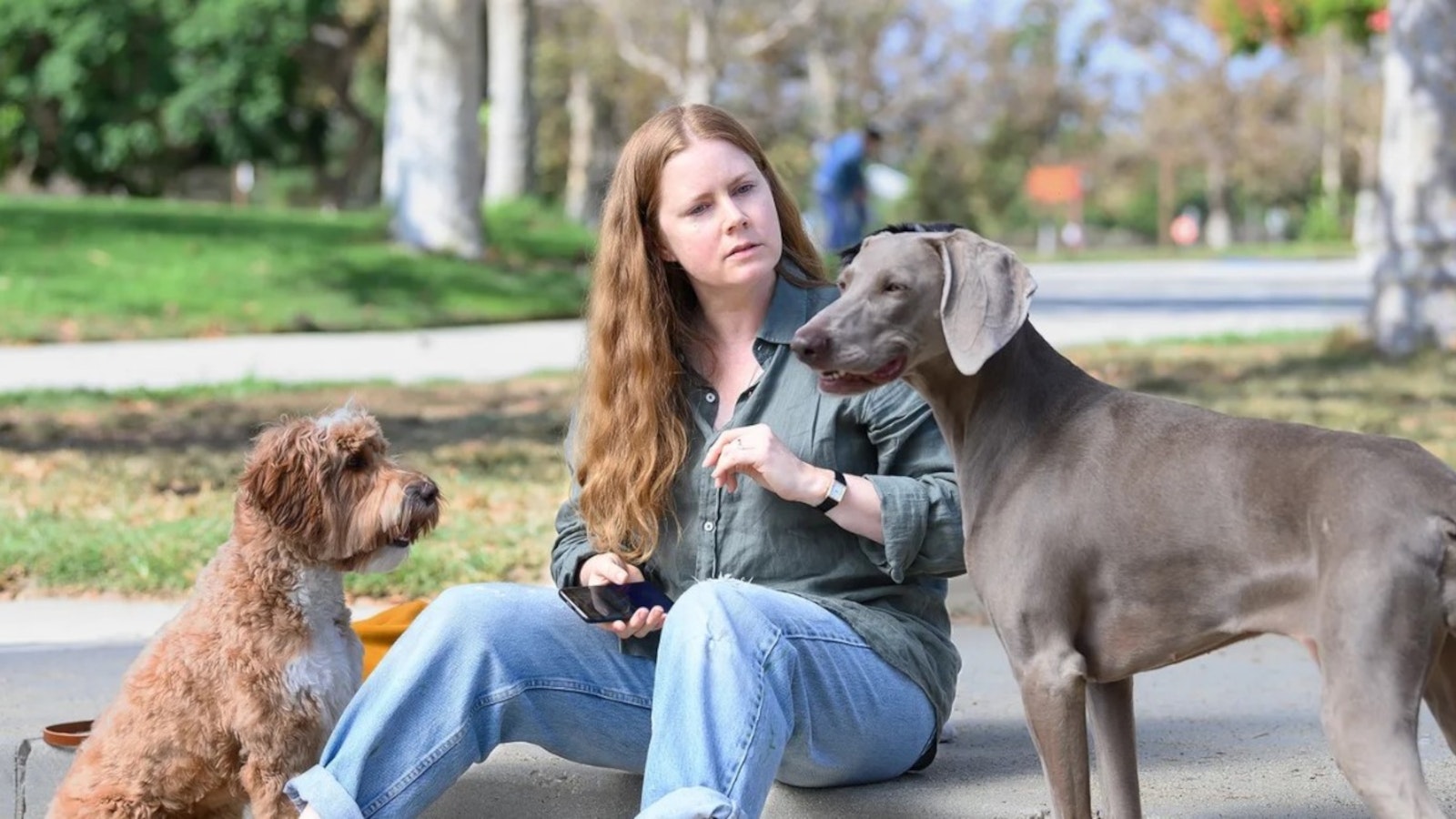Nightbitch
There are plenty of famous movie mums. But the actual experience of motherhood...

There are plenty of famous movie mums. But the actual experience of motherhood — the brutal daily monotony, the blood-sweat-and-milk toil that goes into keeping a tiny human alive — remains a bit of a cinematic rarity. Nightbitch is an effort to redress the balance, in uncompromising fashion: it’s a funny and freaky and appropriately messy film that’s part broad outlandish comedy, part toe-curling body-horror, part feminist treatise.

Adapted from the 2021 magical-realist novel by Rachel Yoder, it sees Amy Adams play the never-named mother, shuffling through life with her infant son while wearing a thousand-yard stare and clothes that haven’t been washed in weeks. She is barely keeping it together. Then she starts to notice odd changes to her body: stray hairs, sharper teeth, a keener sense of smell. Is she turning into a dog? Going through perimenopause? Or is she just missing out on a decent night’s kip? Adams is remarkable in a deeply unselfconscious performance, as committed when slipping on paint as she is scrabbling about in garden mud.
It’s a clever, barking-mad premise. Female bodies, Yoder’s book and Heller’s script rightly argue, are magical, and it is not only understandable but reasonable that you would apply some kind of witchy logic to the mothering experience. If anything, the film is not quite weird enough, Heller perhaps pulling her punches with the few dog-based sequences — Adams’ magical transformation compares unfavourably to were-ancestors like, say, An American Werewolf In London.
It’s the human side of the story that is most compelling here. Heller has always been interested in how gender collides with her characters: in her coming-of-age debut The Diary Of A Teenage Girl, it was about pressures and expectations on adolescent women; in A Beautiful Day In The Neighbourhood, it was about what it means to be a good man. Here, Heller smartly acknowledges how so much of the issues surrounding motherhood are about time, priorities, divisions of labour and loss of self. Adams’ character is chaotic but fundamentally a good and loving parent — the real conflict is with her husband (Scoot McNairy), a dope who doesn’t see the mismatch.
Sometimes its message is delivered a little heavy-handedly. Adams’ character is given a few monologues which contravene the “show, don’t tell” doctrine, with dialogue written as if from an essay. It ends a little too neatly, too, after the mess it follows. But the sanctity of that message is hard to quibble with, and it will undoubtedly be welcomed loudly and relievedly from mothers. It is rare, still, for this huge portion of the population to see themselves on screen like this.
What's Your Reaction?























